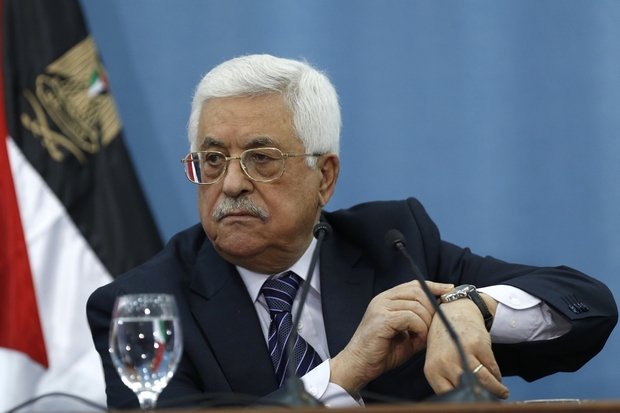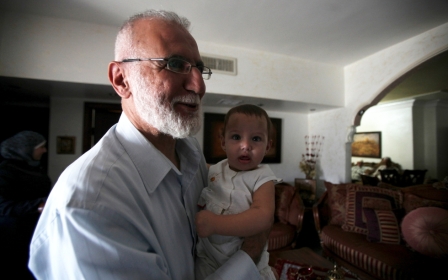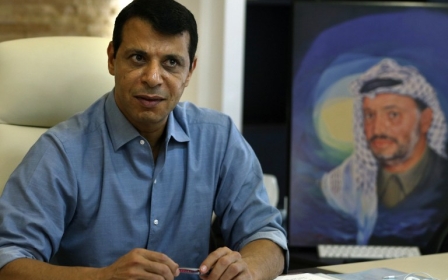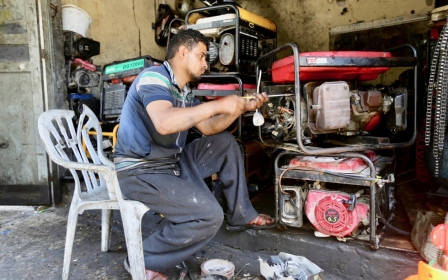Abbas pledges to ramp up sanctions against Gaza

Palestinian President Mahmoud Abbas has pledged to increase sanctions on the Gaza Strip, drawing a fresh attack from its Hamas rulers.
Abbas, the leader of the internationally recognised Palestinian government based in the Israeli-occupied West Bank, has been seeking to weaken Hamas by cutting payments for electricity supplied by Israel to crowded Gaza.
On Saturday, he said he would continue with sanctions on the coastal strip, despite UN concerns that this amounts to collective punishment of its two million residents.
"We will continue the gradual stopping of financial allocations to the Gaza Strip until Hamas commits to reconciliation" with the Abbas administration, the president said.
"Since the coup, we have paid a billion and a half dollars to the Gaza Strip," Abbas said, referring to the 2007 overthrow of his Fatah movement by Hamas in Gaza.
"We will not allow this to continue," the WAFA official Palestinian news agency reported him as saying in Arabic.
"Either things will go as they are meant to be, or we will continue to reduce these funds," he said, accusing Hamas of stealing some of the funds.
The Islamist group responded late Saturday in a statement, saying: "Attacking Hamas and threatening the people of Gaza with more sanctions is a blow to reconciliation efforts."
It accused Abbas's Palestinian Authority of working with Israel to isolate Gaza and bring suffering to its people.
Both sides have previously committed to reconciliation, but repeated attempts have failed.
The Palestinian Authority had been paying for some electricity to be delivered to Gaza since 2007, but in recent months has reduced the amount of money it pays.
Gazans now receive only a couple of hours of electricity a day, delivered from the territory's own power station and others in Israel and Egypt.
The Palestinian Authority has also cut stipends to its former Gaza staff forced out of office by Hamas, in a move analysts see as seeking to sow discontent in the enclave.
Middle East Eye propose une couverture et une analyse indépendantes et incomparables du Moyen-Orient, de l’Afrique du Nord et d’autres régions du monde. Pour en savoir plus sur la reprise de ce contenu et les frais qui s’appliquent, veuillez remplir ce formulaire [en anglais]. Pour en savoir plus sur MEE, cliquez ici [en anglais].




